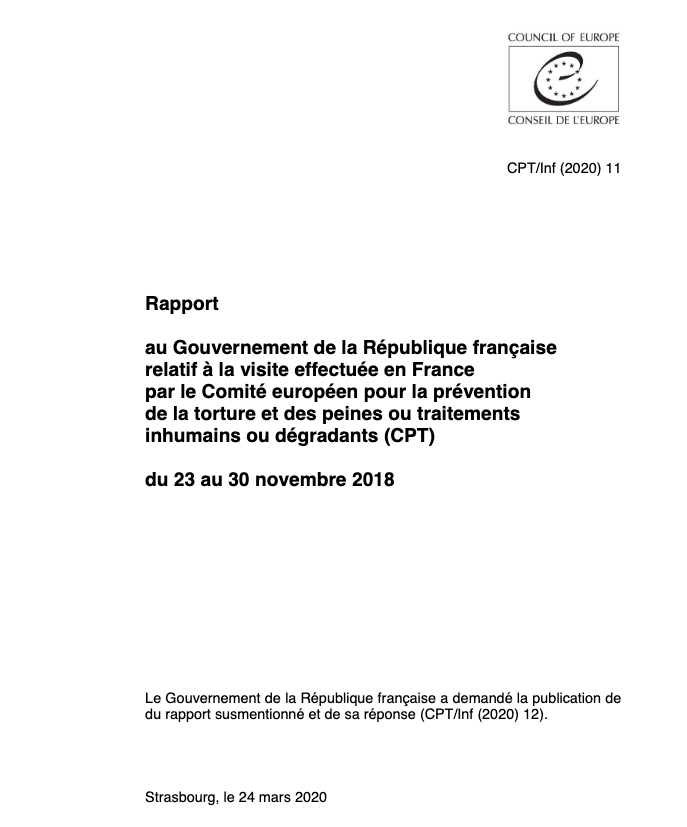Immigration Detention in Slovakia (2019 Report): Since the onset of the “refugee crisis,” Slovakia has pursued restrictive immigration policies and employed anti-migrant rhetoric, despite the fact that the country has not faced the same migratory pressures as its European neighbours. Rarely granting alternatives to detention due to strict eligibility criteria, non-citizens are held in facilities that […]
Global Detention Project Annual Report 2018
What conditions do asylum seekers, migrants, and refugees face in detention around the world? What countries have reformed their migration policies and what countries are still using unnecessary immigration detention? What progress has been made and what still needs to be done? The GDP’s 2018 Annual Report takes a look. […]

NEWSLETTER: December 2018




Immigration Detention in the Czech Republic: “We Will Not Accept Even One More Refugee”
The Czech Republic (Czechia) became an important transit country for asylum seekers attempting to reach Europe during the height of the “refugee crisis.” Like in its Visegrad neighbours, this new-found status spurred a sharp public backlash in the country, which was fed by anti-migrant political rhetoric. The government significantly ramped up the country’s detention capacity […]

Border Police establishments & Immigration detention facilities from report of the European Committee for the Prevention of Torture 2014 visit to Bulgaria)
A. Border Police establishments; (Read full CPT report)7. Under the Law on Aliens in the Republic of Bulgaria (LARB), foreign nationals may be detained by the Border Police, on their own authority, for up to 24 hours. If it is needed to prolong the period of detention beyond the 24 hours, the foreign national must […]

Cas particulier des personnes non admises à la frontière franco-italienne (from the report of the European Committee for thr Prevention of Torture 2018 visit to France)
Cas particulier des personnes non admises à la frontière franco-italienne (Read full CPT report) 94. Afin de comprendre la situation des personnes déclarées non-admises sur le territoirefrançais à la frontière franco-italienne, la délégation s’est rendue à Menton. Elle a d’abord observéle déroulement de plusieurs interpellations effectuées en gare de Menton-Garavan avant de serendre au poste-frontière […]

Karreç Detention Centre for Foreigners (from report of the European Committee for the Prevention of Torture 2018 visit to Albania)
B. Karreç Detention Centre for Foreigners; (Read full CPT report)31. For the first time, the delegation visited the country’s sole detention centre for foreigners inKarreç. The Centre is located in the vicinity of Durres and was opened in 2010. With an officialcapacity of 125 places, it comprised three detention units (Nos. 1 and 3 for […]

NEWSLETTER: November 2018





Infectious Disease: Stigmatization of Refugees and Vulnerable Migrants
The GDP’s Michael Flynn was an invited participant at a workshop hosted by the Fletcher School of Law and Diplomacy at the Geneva Press Club entitled “Infectious Disease: Stigmatization of Refugees and Vulnerable Migrants.” The event, which took place on 27 November, explored the impact of stigma on the opportunities and protections offered to migrants, […]

Workshop: MSF Work in Detention Settings
On 22 November, GDP Researcher Izabella Majcher participated in a workshop exploring Médecins Sans Frontières’ (MSF) role in detention settings, which took place in Rome. Majcher’s presentation examined the international human rights framework governing immigration detention, and highlighted instances of these standards being violated. […]



